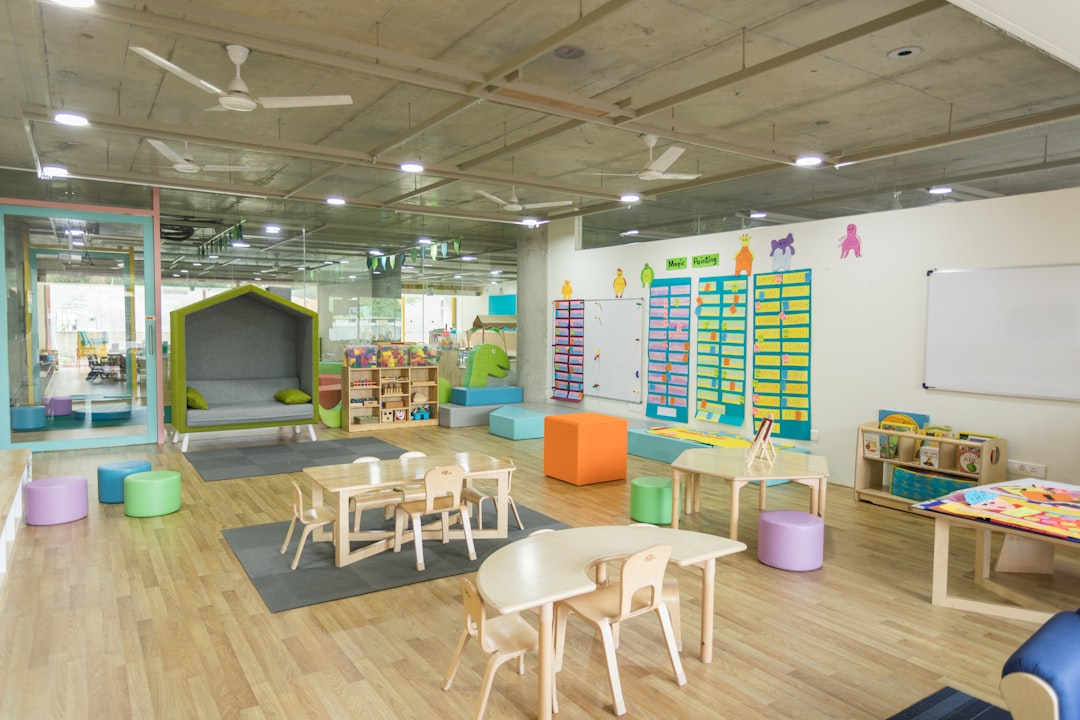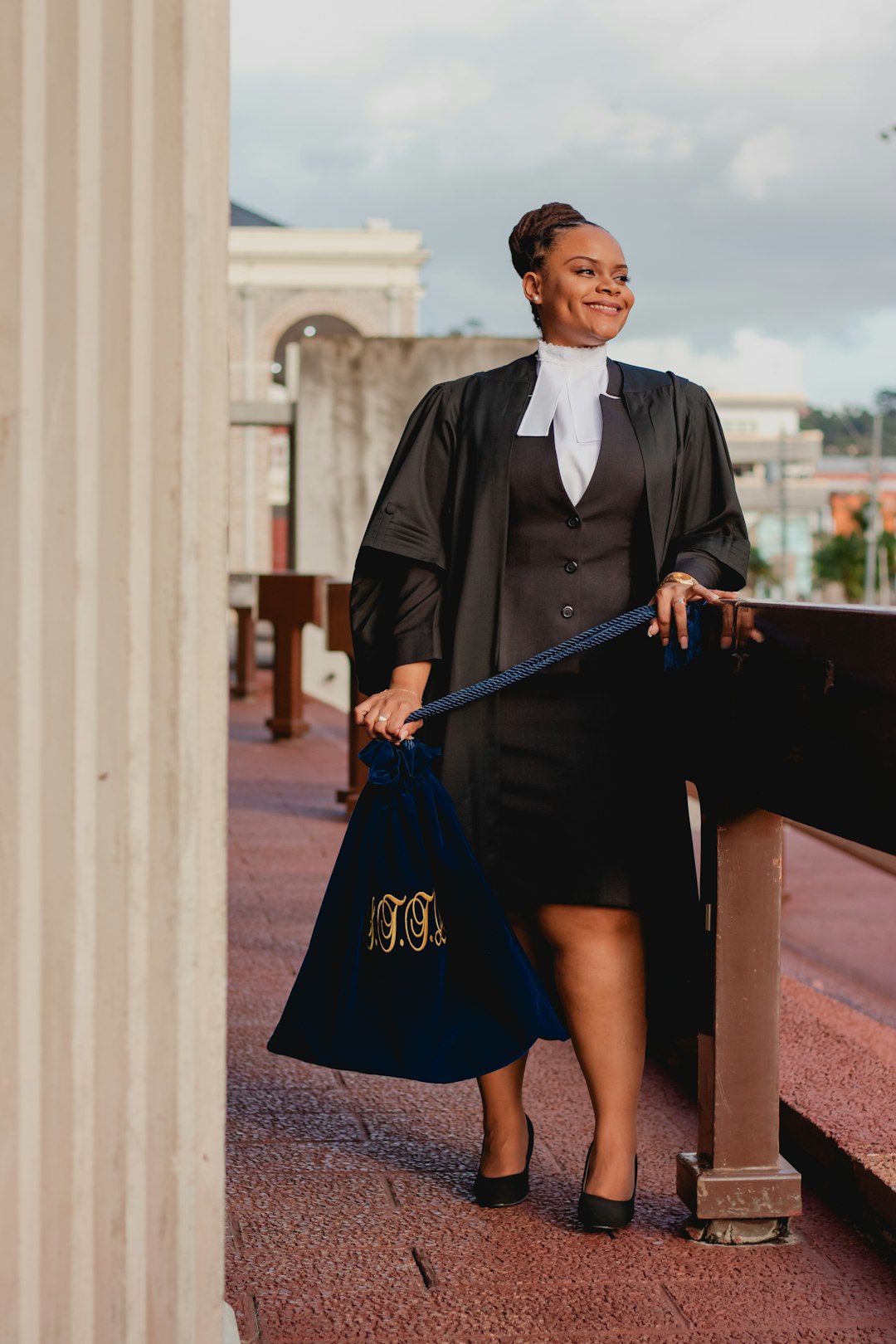In Florida, child abuse laws protect minors from harm in all settings, including homes and daycare centers, where staff are mandated to report suspected abuse and undergo proper training. A dedicated daycare abuse law firm in Tampa assists in interpreting these laws and advocating for victims, ensuring the safety of children within their communities. Prompt reporting to child protective services and consultation with legal experts are crucial steps to prevent and address daycare abuse. These specialists strive to hold accountable those responsible while aiming to prevent future incidents.
In Tampa, Florida, understanding legal definitions of child abuse is paramount for ensuring the safety and well-being of our youngest citizens. This comprehensive guide explores the state’s child abuse laws, focusing on crucial aspects like recognizing daycare abuse and the critical role a dedicated daycare abuse law firm plays in protecting children’s rights. By understanding red flags and available legal recourse, we can foster a safer environment for kids within our communities, particularly in bustling daycares.
Understanding Child Abuse Laws in Florida: A Comprehensive Overview

In Florida, child abuse laws are designed to protect minors from any form of harm or neglect, ensuring their safety and well-being in various settings, including homes and daycare centers. The state has established clear definitions and penalties for different types of child abuse, with specific provisions for daycare abuse. A daycare abuse law firm in Florida plays a crucial role in interpreting these laws and advocating for victims.
According to Florida Statutes, child abuse includes any act or omission that causes or threatens serious physical or mental harm, sexual abuse, or significant impairment of the child’s well-being. This encompasses various behaviors such as physical aggression, neglect, emotional maltreatment, and sexual exploitation. Daycare centers are subject to strict regulations, requiring staff members to report suspected abuse and ensuring proper training to identify and respond to potential cases. Understanding these laws is essential for parents, caregivers, and legal professionals to recognize and address child abuse effectively, keeping Florida’s children safe within their communities.
Daycare Abuse: Recognizing the Red Flags and Legal Recourse

Daycare Abuse, a grave concern in any parent’s worst-case scenario, is a pressing issue in Tampa, Florida. Recognizing potential red flags is crucial for ensuring the safety of our children. A daycare abuse law firm in Florida emphasizes that indicators may include physical harm, emotional distress, neglect, or any form of maltreatment by staff members. These signs could range from minor injuries like bruises to more severe forms of abuse.
Legal recourse is available to parents whose children have suffered from daycare abuse. In Tampa, Florida, a dedicated daycare abuse law firm can guide victims’ families through the legal process, ensuring justice and compensation for the harm caused. Prompt reporting to child protective services and consultation with legal experts are essential steps in addressing this heinous crime.
The Role of a Daycare Abuse Law Firm in Protecting Children's Rights

In the unfortunate event of daycare abuse or neglect in Tampa, Florida, a dedicated daycare abuse law firm plays a pivotal role in advocating for the rights and well-being of children. These legal experts are equipped to handle complex cases involving child welfare, ensuring that every child receives the protection and justice they deserve. With childcare laws and regulations in place, a specialized law firm becomes an indispensable ally in interpreting these laws and fighting for the rights of victims.
Their expertise lies in navigating the legal system, understanding the specific laws governing daycare facilities, and knowing how to pursue legal action against negligent or abusive caregivers. A daycare abuse law firm in Florida can provide crucial support to families affected by such traumatic experiences, offering guidance, representation, and a voice for those who may feel silenced. They work tirelessly to hold accountable those responsible, ultimately striving to prevent future incidents of abuse within the state’s childcare system.





